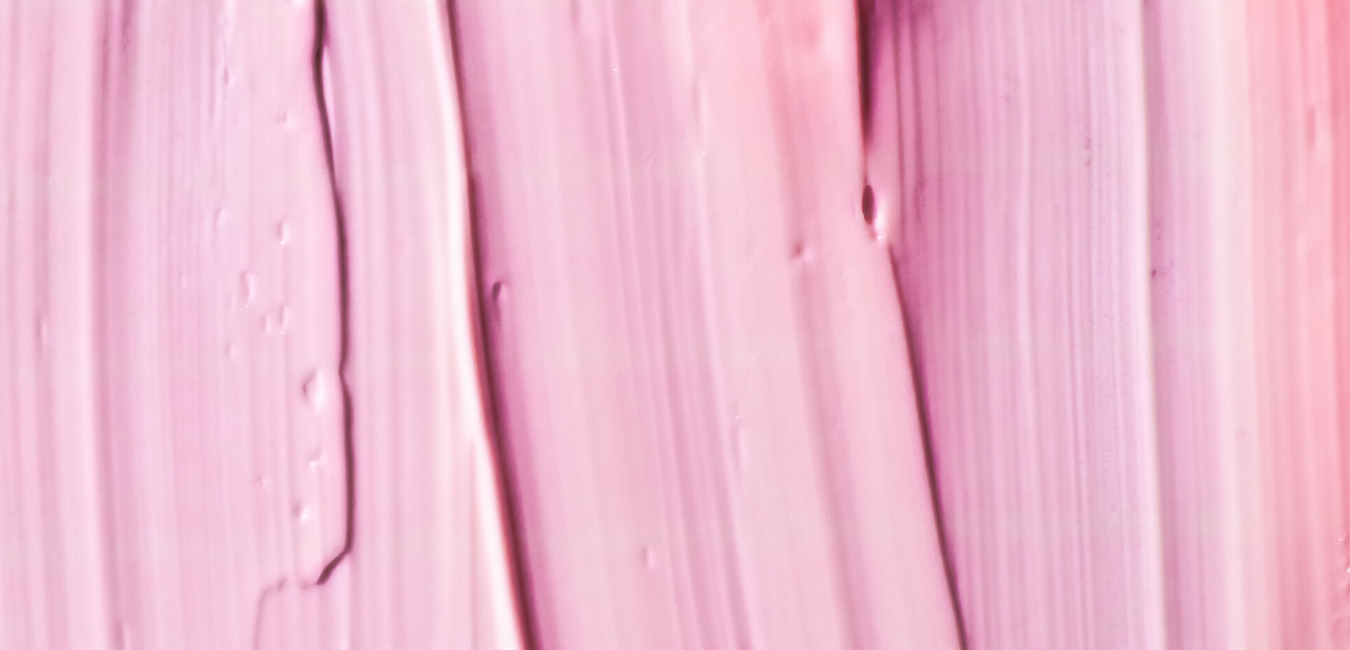
FAQ’s
SO YOU HAVE A QUESTION?
SPRAY TAN
Q: This is my first spray tan, what do I need to know?
Exfoliate your skin up to 24 hours before your appointment. This promotes an even coverage and lengthens the duration of your tan by removing dead skin that would otherwise flake off. Do not injure the skin by overdoing it.
Wax a minimum of 24 hours before your tanning appointment. Or, shave 8 hours before or after post tanning shower. Use a sharp, clean razor, with a lubricating product (such as hair conditioner, which should be rinsed off.) Remove or avoid wearing make-up and moisturizer as this acts as a barrier to the spray and stops the process from working properly.
Wear dark, loose fitting clothing and undergarments to your tanning appointment. The cosmetic bronzer may rub off on clothing. It will wash out of most fabrics, but may stain nylons, lycra, and silks.
For best results, use Fantasy Tan’s Skin Care Line when preparing for your tan. These specially formatted products will help you develop and maintain healthy skin to achieve a gorgeous tan.
SKIN CARE
Q: How can I fix an uneven skin tone?
A: An uneven skin tone is caused by an uneven distribution of pigment. Sun exposure and hormonal changes can also contribute to this issue. Certain serums, creams or moisturizers, especially those that contain vitamin C, can all help to even out your skin tone. It is also possible that your skin can develop an uneven tone due to a buildup of dead skin cells. If that is the issue, a simple way to even out your skin tone is to exfoliate once a day or every couple of days.
Q: What causes acne?
A: Acne can be caused by excess sebum oil and clogged pores. Some research suggests that hormone levels may play a role.
Acne is most common in young adults with increasing hormone levels, and about 80 percent of people will have at least one [acne] outbreak before age 30. It is less common in older adults, who tend to have steadier hormone levels. Since stress can affect hormones, it may also play a role in the development of acne, but so far, there is no definitive evidence that factors such as stress, diet, or light makeup have any links with acne. If you have acne, wash gently with a mild cleanser no more than twice a day; and avoid hard scrubbing, exfoliating, and touching the affected areas.
Q: What skin conditions does a chemical peel treat?
A: Chemical peels are non-invasive treatments to improve the texture of your skin by removing the damaged outer layers. A peel can reduce and improve uneven skin tone, dull skin, rough patches, and lines and wrinkles around your eyes and mouth. It can also treat acne scars and damaged skin from the sun.
Also known as chemexfoliation or derma peeling, this procedure will remove superficial layers of the skin and promote collagen production for a younger and more supple look.
If you have a current infection, broken or cut skin, active herpes, a sunburn, or if you have taken Accutane in the last six months, you would not be a candidate.

